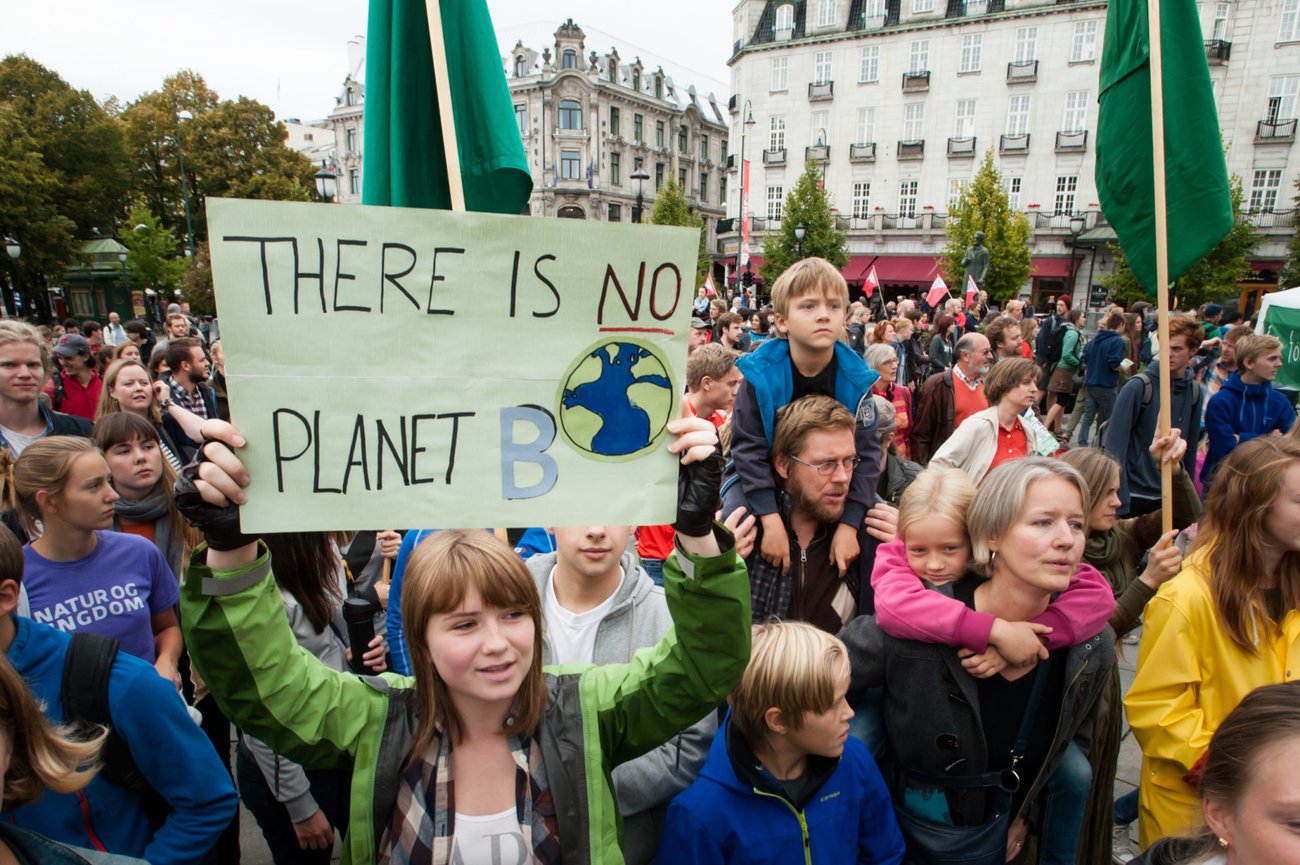Climate change has a PR problem. How can we get people to care more about what’s at stake?

When 150 academics signed a letter this month to complain that the Government wasn’t doing enough to address climate change, my first reaction was to think ‘how predictable’.
Complaining to the Government is such a well-trodden path for academics. Talk about virtue signalling.
But then I hear you ask, ‘what have you done, Heeringa?’
Um.
I can’t claim ignorance, that’s for sure. The gap between what we know and what we do is embarrassingly wide. To paraphrase Elliot: between the report and action falls the shadow.
Two reports recently should have caused us all to stop, drop and roll in sack cloth and ashes.
The October IPCC Report revealed in exhaustive detail that we have only 12 years left to keep global warming below 1.5C. Beyond that, even a half-a-degree rise will significantly worsen the risks of drought, floods, extreme heat and poverty for hundreds of millions of people. Even at 1.5C we face more extreme weather, sea level rise and ocean acidification, with detrimental effects on wildlife, crops, water availability and human health.
A second report by the World Wild Life Fund reports that humans have wiped out 60 per cent of mammals, birds, fish and reptiles since 1970. The trend is likely to continue and wildlife annihilation is now an emergency that threatens our own civilisation.
“We are sleepwalking towards the edge of a cliff,” said Mike Barrett, executive director of science and conservation at WWF. “If there was a 60 per cent decline in the human population, that would be equivalent to emptying North America, South America, Africa, Europe, China and Oceania. That is the scale of what we have done.”
Just let that sink in for a second. 60 per cent! In just 30-odd years! It fills you with indescribable guilt and rage, right?
Maybe. Like most people, I read the summary of both those reports, felt sad, started recycling my Gladwrap, and then went back to business as usual.
Why? Why am I (and I’d guess you) so unable to deal with the bleeding obvious: we’re on the cusp of an ecological catastrophe that will harm our lives and the lives of our children for generations.
There’s a communications conundrum to untangle in this. As a comms advisor, I should be able to figure it out.
There are many psychological explanations for humans’ startling capacity to ignore doom. Jared McDaimond’s thesis would be a good place to start. But as a storyteller, I find this one intriguing: climate change has no elegant narrative. There are no easy villains or heroes and no clear solutions. Everyone’s complicit, everyone’s a victim, everyone’s the solution.
And when it’s for everyone, it’s for no one.
Climate change is a crappy story.
I agree with this guy: “Climate change is a double-blind: everyone’s emissions go into the same atmosphere and no one knows in advance who exactly will suffer. Burning fossil fuels isn’t a victimless crime, but it’s not instinctively obvious who the culprits and the victims are.”
If we are to galvanise consumers and voters in more than virtue signalling, climate change and biodiversity need a better story.
Do you know of one?
Vincent Heeringa is an executive director at Anthem. Find him on Twitter at @vheeringa.




